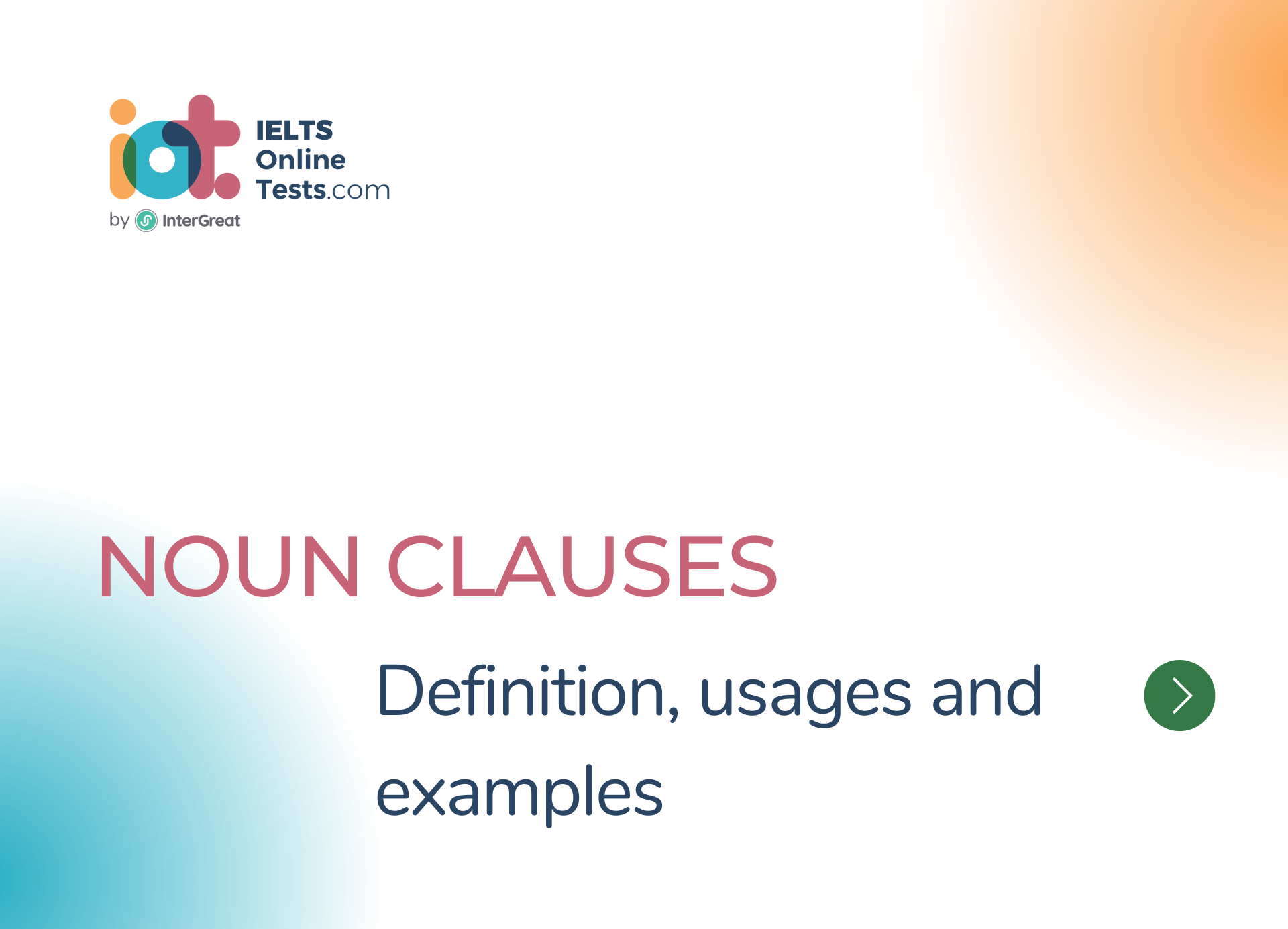
Noun Clauses
Noun clauses are a type of dependent clause that function as nouns within a sentence. They can serve various roles such as the subject, object, or complement of a verb or preposition.
Here are some key details about noun clauses:
Introduction:
- Noun clauses are introduced by words or phrases such as "that," "whether," "if," "who," "what," "where," "how," "why," and others.
- The introductory word or phrase establishes the purpose or nature of the clause.
- Examples:
- That: "I know that he is coming."
- Whether: "She asked whether it was true."
- If: "I wonder if he will be there."
Function:
- Noun clauses function as nouns, taking on roles such as the subject, object, or complement of a verb or preposition.
- They can replace a single word, a noun phrase, or even an entire sentence.
- Examples:
- Subject: "What she said surprised me."
- Object: "I know what she said."
- Complement: "Her main goal is to succeed."
Types:
- Noun clauses can be categorized into different types based on their specific roles and functions within a sentence.
- Some common types include declarative clauses, interrogative clauses, and exclamatory clauses.
- Examples:
- Declarative: "I believe that she is right."
- Interrogative: "He asked where she was going."
- Exclamatory: "It's amazing how quickly time flies."
Noun clauses are essential in constructing complex sentences and expressing ideas with clarity and precision. By functioning as nouns, they can perform various grammatical functions within a sentence. Understanding how to identify and use noun clauses allows for more effective communication and sentence construction.




